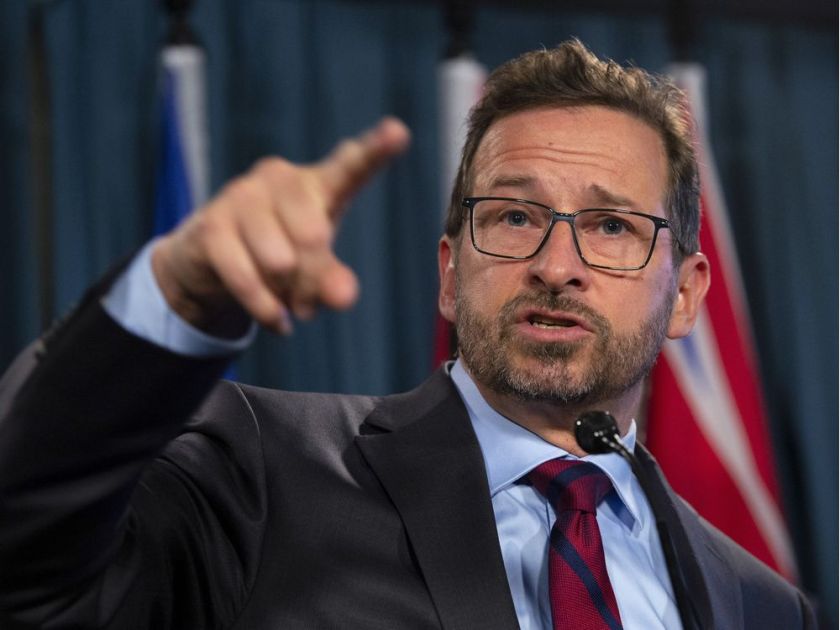A second majority for Justin Trudeau in this year’s general election could be threatened in Quebec by a surprising circumstantial alliance between the Legault provincial government and a federal party that has been given up for dead.
This province will play a key role in the election, and not only because it has 78 of the 338 seats in the House of Commons.
With the Liberals expected to suffer losses in the rest of Canada, their chances of winning another majority could depend on their adding to their present 40 seats in Quebec.
Trudeau and the Liberals remain popular in this province, with the party’s support in the polls running well ahead of the 36 per cent of the vote it received in the last general election in 2015. One recent projection gave it 58 seats in Quebec.
But the vote is still several months away, and, if recent history is any indication, probably won’t be decided until the last days of the campaign.
Also, Trudeau will have a record to defend at a time when incumbency has become a handicap; ask former Quebec premier Philippe Couillard and Montreal ex-mayor Denis Coderre, who were voted out of office after only one term.
So, the Liberals may be more vulnerable in Quebec than it now looks. And Premier François Legault has recently begun to use the approaching federal election as leverage to bring pressure on the Trudeau government for concessions.
Legault has publicly given the prime minister his wish list. It consists of more money for transit infrastructure and for caring for migrants, co-operation with Legault’s plan to restrict immigration to the province, and combining the present federal and Quebec income-tax returns in a single form administered by the province. And Legault is already tapping his foot impatiently at Trudeau’s non-committal response.
The money should be no problem. After all, for the spendthrift Trudeau Liberals, what’s another few billion on the public debt?
But on Legault’s other demands, Trudeau’s “we’ll see” sounds like that of a father of young children playing for time in the hope they’ll forget what they asked for.
Not only would Legault reduce immigration to Quebec when its economy is facing a manpower shortage, he would also require Ottawa to expel immigrants who fail French or “values” tests. It’s hard to imagine a Trudeau Liberal government going along with that.
And Ottawa would be foolish to surrender control over collection of its income tax in Quebec to the province. You know who would have loved to have that power? Jacques Parizeau, for leverage in negotiations after a Yes vote in an independence referendum.
Legault has pointed out that Conservative Leader Andrew Scheer accepts this demand. But another party, which he did not mention, could turn out to be his strongest ally in the federal election.
That’s the Bloc Québécois.
Sure, go ahead and laugh. But issues of federal-provincial relations and identity like Legault’s have proved in the past to be good ones for the nationalist Bloc. And just in time for the election, that factious party has united behind a promising new leader.
In addition to being a French-speaking Quebecer, Yves-François Blanchet has political experience as a former Parti Québécois minister, good communication skills as an ex-Radio-Canada political panelist, and is clever and pugnacious. And unlike the other federal leaders, Blanchet can concentrate solely on campaigning in Quebec.
That could make him Trudeau’s most formidable challenger in this province, especially in the crucial French-language leaders’ debate.



























